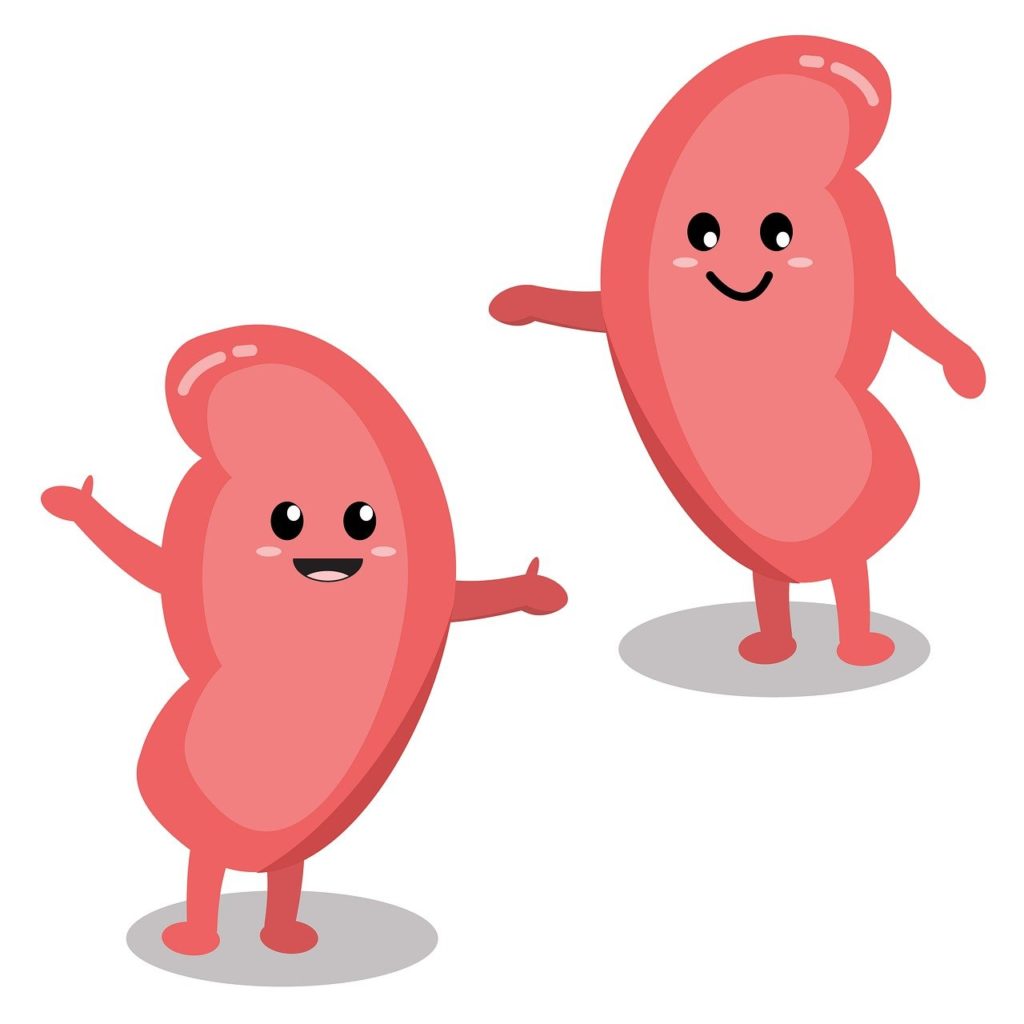Over thirteen years ago, Josh McGuigan met his wife Stephanie – and the rest was history. In the time since, the couple has gotten married and created a beautiful life together, complete with their children: Jason, Jackson, and Riley. They saved each other in love and, now, in life after Josh was diagnosed with a rare autoimmune kidney disorder called membranous nephropathy.
According to Fox 29, Josh was diagnosed with stage IV membranous nephropathy in 2021 in his early 30s. He urgently needed a new kidney and Stephanie was more than happy to step up and help. Of course, the chances of a married couple being a match is slim; there is only about a 1 in 100,000 chance.
So Stephanie decided that she would become a living donor. Either she would be able to donate her kidney to her husband, or she would “swap” her kidney with another family in need for a matching one.
But their luck, like their love, was profound. Overcoming the odds, Stephanie was a match for her husband. She donated her kidney at the end of December 2022 and the couple are now just around two weeks post-transplant.
If you would like to support Stephanie and Josh with medical bills and the costs of anti-rejection medication, you may do so via their GoFundMe page.
About Membranous Nephropathy
As described above, membranous nephropathy is a rare autoimmune kidney disease in which small blood vessels in the kidney’s glomeruli become thickened and inflamed. Outside of autoimmune factors, membranous nephropathy may also result from certain medications, blood cancer, or hepatitis or syphilis infections. Regardless of the cause, the thickened glomeruli cause proteins to leak into the urine from damaged blood vessels. Symptoms can (but do not always) include:
- Proteinuria (excess protein in the urine)
- Fatigue
- Poor appetite
- Unintended weight gain
- High fat levels in the blood (hyperlipidemia)
- Edema (swelling) in various areas of the body
- Foamy urine
- Excessive urination, especially at night
Treatment options can include corticosteroids and immunosuppressants, angiotensin receptor blockers, and angiotensin-converting enzyme inhibitors.








